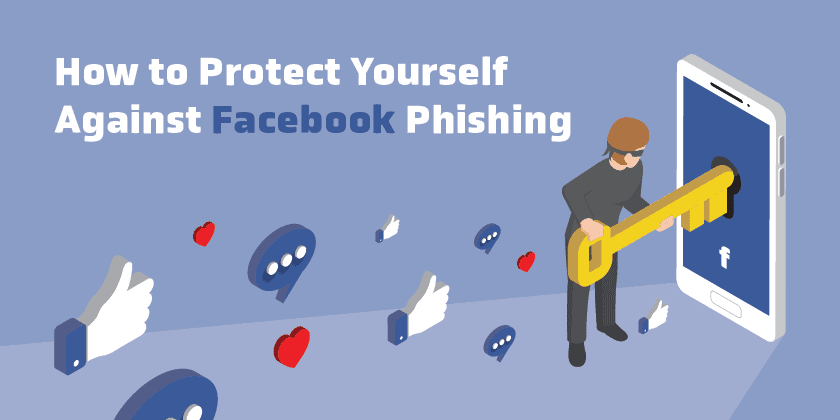How to Protect Yourself from Facebook Scams
Introduction
With billions of users worldwide, Facebook is a prime target for scammers looking to steal personal information, money, or accounts. Facebook scams can take many forms, including phishing attempts, fake ads, romance scams, and cloned accounts. This blog will help you identify these scams and provide tips to protect yourself from falling victim.
Common Facebook Scams
Phishing Scams
- Scammers send messages or emails appearing to be from Facebook, claiming your account has been compromised or needs verification. They direct you to fake pages designed to steal your login credentials.
- How to Spot It: Look for misspelled URLs, requests for sensitive information, and messages with a sense of urgency. Always verify messages through official Facebook channels.
Fake Friend Requests
- Fraudsters may clone accounts, create fake profiles, or send random friend requests to gather personal information or send malicious links.
- How to Spot It: Verify friend requests from people you know by checking mutual friends and messaging the person to confirm.
Romance Scams
- Scammers create fake profiles to build relationships with users, eventually asking for money for fabricated emergencies, travel costs, or other expenses.
- How to Spot It: Be wary of people who avoid video calls or in-person meetings, quickly express deep feelings, or ask for money.
Fake Facebook Ads
- Fraudsters run ads offering deals that seem too good to be true, often for popular products. Victims may pay for items they never receive, or receive counterfeit goods.
- How to Spot It: Research the company or product, read reviews, and check for verified pages before making a purchase.
Prize and Giveaway Scams
- Scammers claim you’ve won a prize or giveaway and ask for personal information or a small payment to claim it.
- How to Spot It: Legitimate giveaways won’t ask for sensitive data or payments upfront.
Facebook Lottery Scams
- You may receive messages claiming you’ve won a “Facebook lottery” or sweepstakes, but you must pay fees to claim your winnings.
- How to Spot It: Facebook does not run lotteries or sweepstakes that require payments.
Red Flags to Watch For
- Urgent messages asking for personal information or payments.
- Friend requests from accounts that resemble people you know, but with slight differences.
- Deals that are significantly cheaper than market value.
- Unsolicited messages promising large sums of money or exclusive offers.
- Posts asking you to share or click on suspicious links.
How to Protect Yourself
- Use Strong, Unique Passwords: Create a strong password for your Facebook account and avoid using the same password across multiple sites.
- Enable Two-Factor Authentication (2FA): Add an extra layer of security by requiring a second form of verification when logging into your account.
- Be Cautious with Friend Requests: Accept requests only from people you know and trust.
- Avoid Clicking on Suspicious Links: Do not click on unknown links sent via messages or appearing in posts, even if they seem to come from friends.
- Check Page and Ad Authenticity: Research companies and verify the legitimacy of Facebook pages before engaging with ads or offers.
- Report Suspicious Activity: Use Facebook’s reporting tools to flag suspicious accounts, messages, or ads.
What to Do If You’re a Victim
- Change Your Password Immediately: Update your Facebook password and any associated email accounts.
- Enable Security Features: Turn on alerts for unrecognized logins and review active sessions in your settings.
- Report the Incident to Facebook: Use Facebook’s Help Center to report any scams or suspicious activity.
- Monitor for Identity Theft: If you’ve shared sensitive information, monitor your bank accounts and credit reports for unauthorized activity.
Conclusion
Facebook can be a great way to connect with friends, but it’s important to stay vigilant against scams. By recognizing common tactics and protecting your account, you can reduce the risk of falling victim. Use security features, stay skeptical of unsolicited messages or offers, and report suspicious behavior to keep yourself and others safe.







